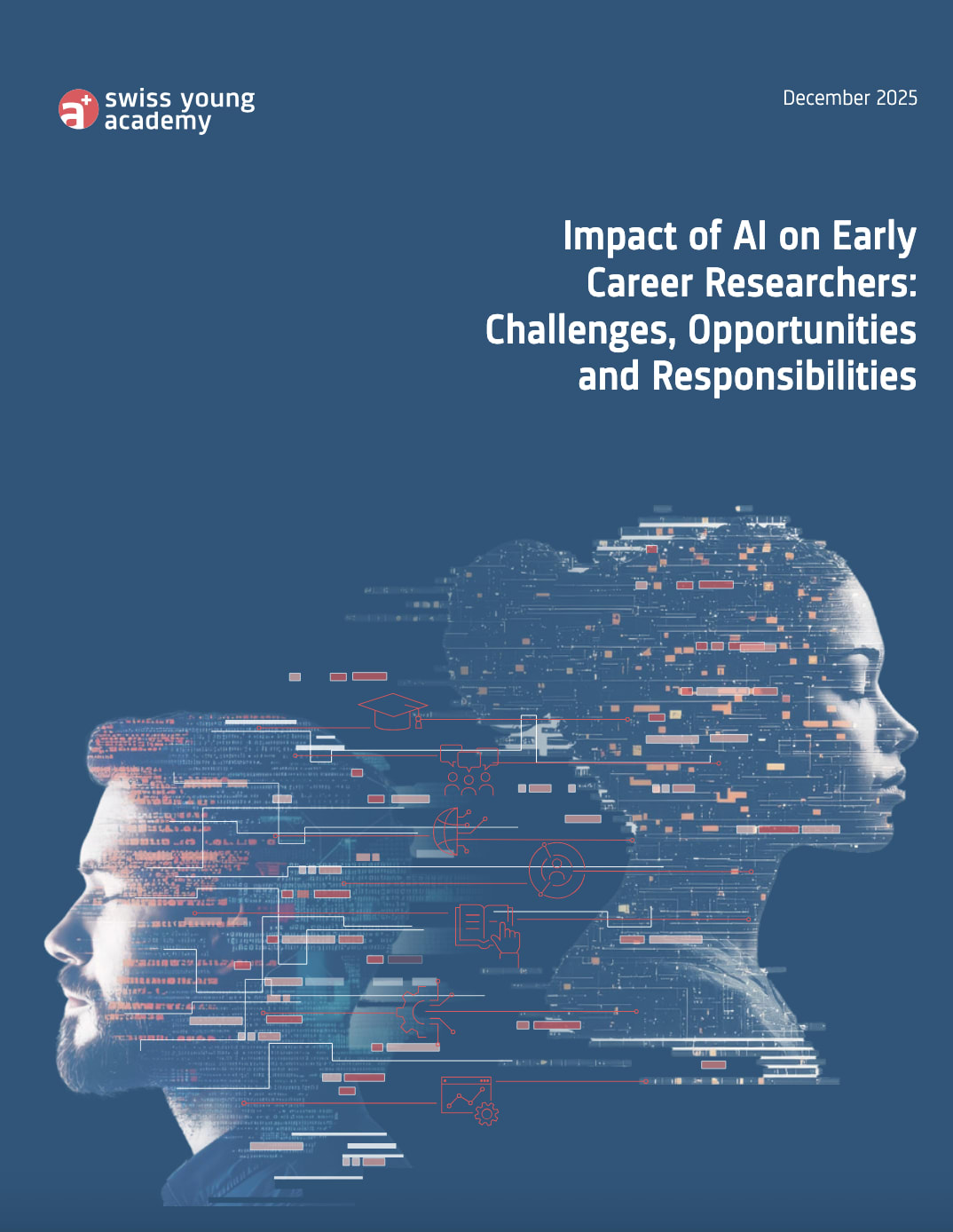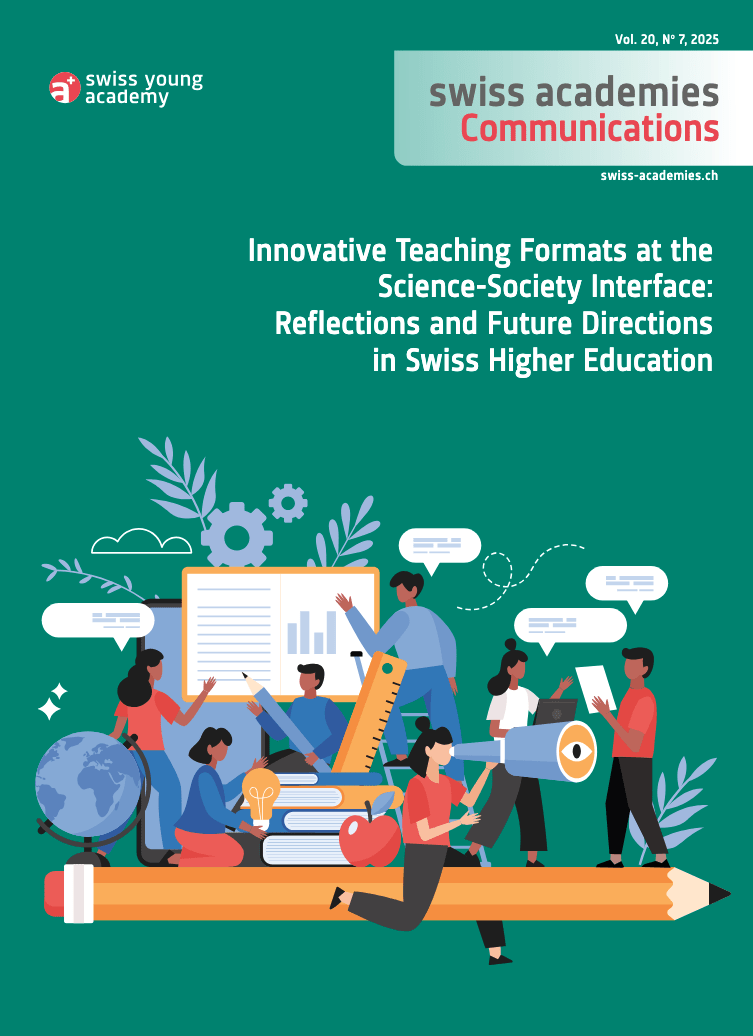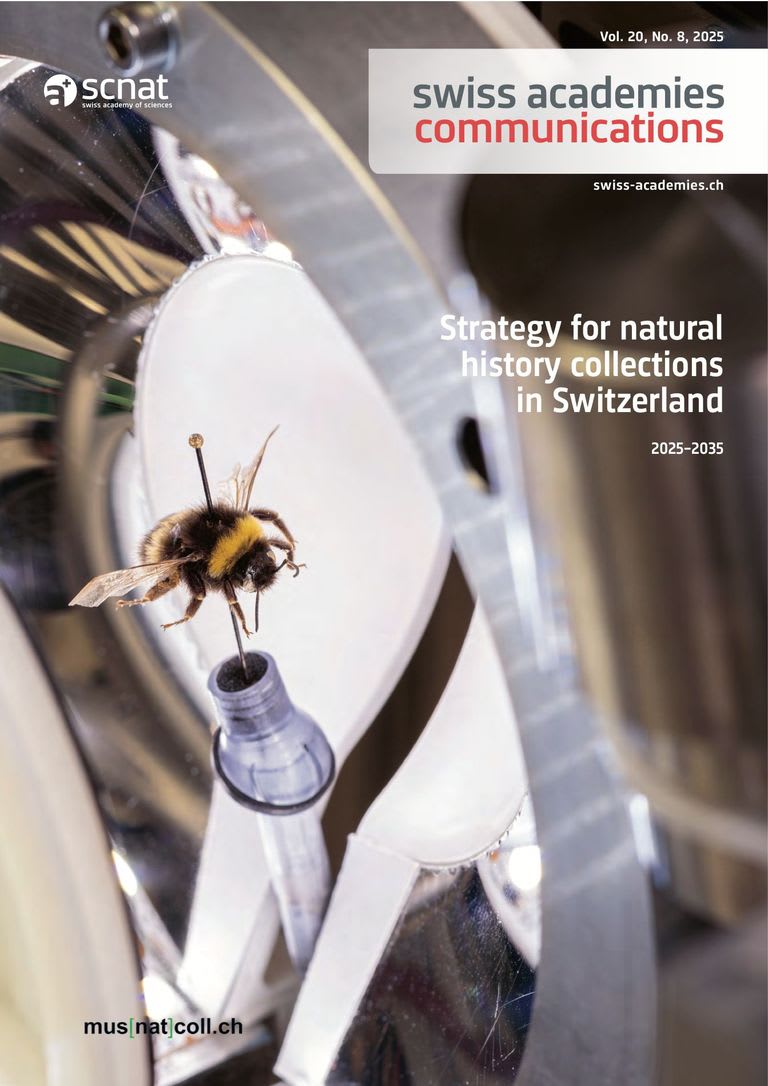Swiss Academy of Sciences SCNAT
Achieving the SDGs with Biodiversity
SWISS ACADEMIES FACTSHEETS, Vol. 16, No 1, 2021
The 2030 Agenda for Sustainable Development with its 17 Sustainable Development Goals (SDGs) charts a new path of balance for humanity and the planet. The highly interconnected SDGs will only be achieved in their entirety through transformative changes in our societies. Recent studies on the interactions between the SDGs identify the conservation of biodiversity as one of the most potent levers to achieve sustainability. The biodiversity-focused SDGs 14 (life below water) and 15 (life on land) emerge as multipliers of co-benefits across the goals. This factsheet aims to explain the importance of biodiversity for implementing all SDGs and to provide decision makers with options and entry points for transformative change.
Obrecht A, Pham-Truffert M, Spehn E et al (2021) Achieving the SDGs with Biodiversity. Swiss Academies Factsheet 16 (1).




